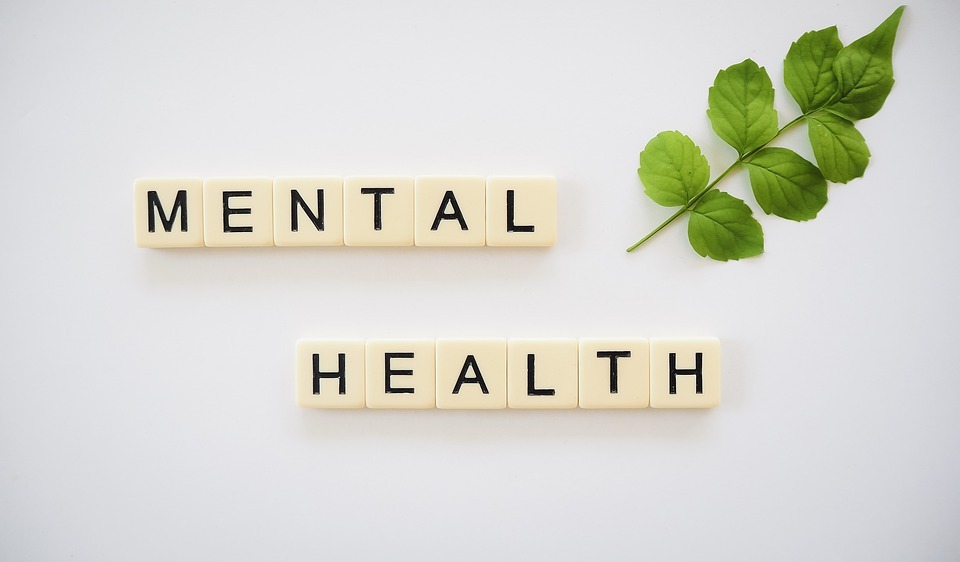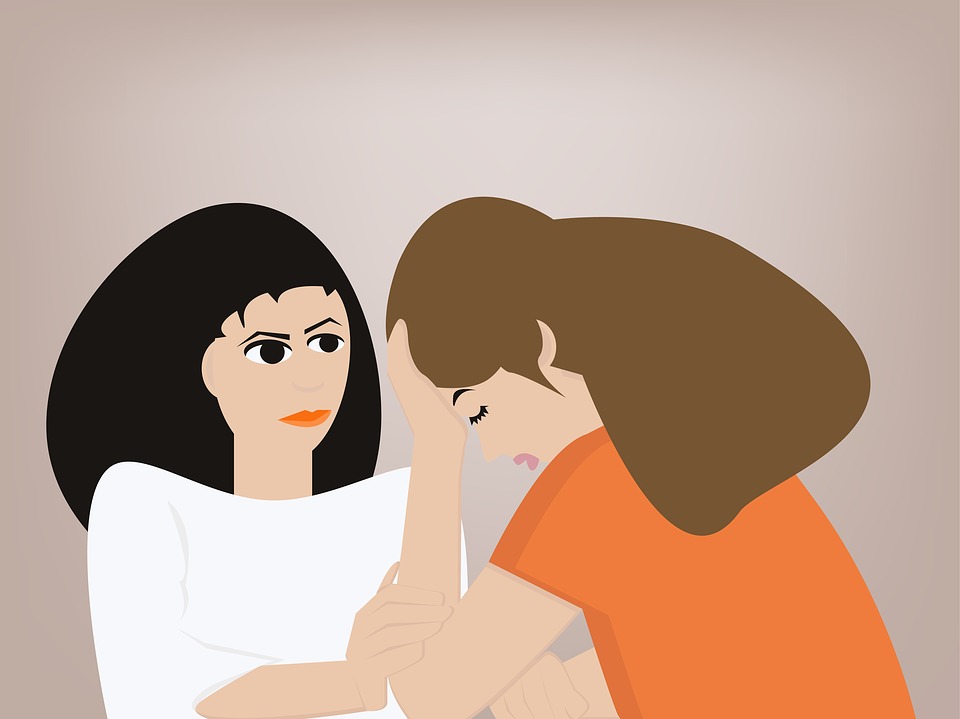Guiding your children at a young age is important. What you teach them during that period in their life will serve as the foundation or the steppingstones to what they will become in the future. Besides making their bodies healthy, you would also need to take care of their mental health. Failing to do so may lead them to not being able to cope with problems once they get older. Mental health is often an aspect of a child’s daily life that most parents often ignore. They don’t know that teaching kids how to deal with their emotions is important, as it can often influence the motivation and the drive to keep them from pushing towards their life goals.
If your child is suffering from mental disorders, it is recommended you immediately seek the help and advice of a local psychiatrist. However, if your child’s mental state is normal, it is still essential to monitor their mental health and know-how they deal with small dilemmas that they go through on certain days. To help you know more about how you can improve your child’s mental health, here are several tips that will guide you on the proper methods of taking care of your child’s mental well-being.
Teach Them to Express Their Emotions
Most of us adults are often guilty of keeping our emotions to ourselves, and this process is often dangerous, as it can lead to mental breakdowns once we get too much anger, frustration, and sadness welled up inside us. So, if you don’t want that to happen to your child, you must teach them to express their emotions immediately without keeping to themselves. Tell them that it is okay to feel frustrated or sad sometimes, and they should tell you how they feel right in the moments they get full of emotions.
It would help if you also taught them that negative feelings aren’t “bad,” as they are a part of being a “person,” and that these negative emotions are what teach us what is right and wrong to do. For example, if they feel angry that they cannot learn how to ride a bike, you should tell them that making mistakes is part of learning better, so it is okay to feel frustrated. Teaching them that negative emotions are normal, will help them deal with problems with a positive outlook in the future.
Admit Your Mistakes
Some parents often have a difficult time admitting their mistakes, especially when their children are the ones that are right in the situation. This phenomenon often stems from the way people are taught that older people always know what’s right for their children. Because of this notion, even if they are the ones who are wrong, they will still think that they are always right. This situation would often hurt the feelings of the children, and they may slowly think that they are always wrong even if they are right, even in times that don’t involve their parents. Thinking that you are always wrong could damage one’s mental health, and it may further develop into anxiety and even depression.
To avoid this vicious phenomenon, it is important for parents to know when they are wrong and learn to admit that to their children. By admitting their mistakes, their children will trust them more and open up more to them. The strengthening of the bond between child and parent is an essential aspect of improving not only the child’s mental health but also the parent’s
Monitor Your Child’s Behavior
Children often act differently in the house and outside, and because of that, you wouldn’t really know their real behavior whenever they don’t have parents by their side. Kids spend most of their time at school, so you would need to speak to the school’s guidance counselor to know if your child is problematic in school. To learn more about school counseling and other aspects of psychiatry, click here. It’s a great resource available to learn about different topics related to mental health.
If they are troublesome, it may be an indicator that they are experiencing problems at school or at home. It is crucial to talk to them about their conduct at school so that the problems can be resolved before they get worse and become even more problematic outside of school. Communication is a key when it comes to dealing with problems for both kids and adults, as speaking to another person can be an outlet for most of us to cope with our overwhelming emotions. Monitor your child’s behavior inside and outside the house so that you will have a better understanding of what they are going through daily.
Encourage Your Child’s Hobbies
Almost all of us have hobbies, and these hobbies are a way for us to forget about our problems for a few hours and just have fun. The enjoyment of having hobbies also applies to children, who need to exert their youthful energy on something interesting and exciting.
By having hobbies, your children will learn about “enjoying the moment” and not thinking about anything besides what they are doing at the present time. Hobbies can also help them express themselves and let out their emotions so they don’t end up keeping things to themselves. These hobbies could include playing the guitar, learning how to swim, reading books, or playing video games; all these activities are fun and would surely help them enjoy life a little bit more.



